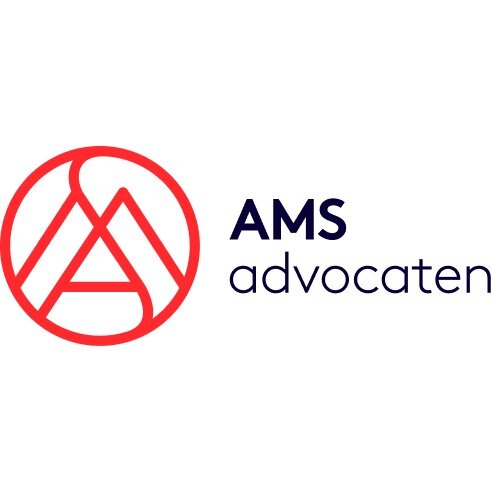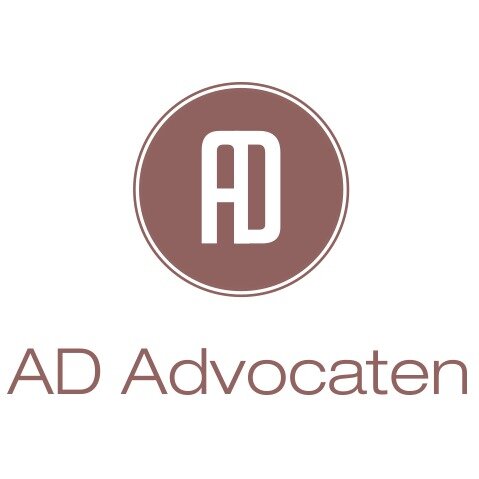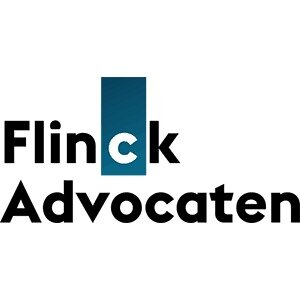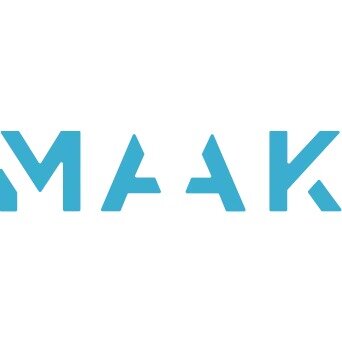Best Energy Regulatory Law Lawyers in Amsterdam
Share your needs with us, get contacted by law firms.
Free. Takes 2 min.
List of the best lawyers in Amsterdam, Netherlands
About Energy Regulatory Law in Amsterdam, Netherlands
Energy Regulatory Law in Amsterdam, Netherlands, focuses on the rules and policies that govern the generation, distribution, supply, and consumption of energy. This sector is highly regulated at local, national, and European Union levels. The aim of these laws is to balance the need for sustainable development, environmental protection, and reliable energy supply, while supporting competition and consumer rights. Regulatory compliance is essential for businesses and individuals operating in the energy market in Amsterdam, whether they are producing renewable energy, managing energy supplies, or simply consuming energy in significant quantities.
Why You May Need a Lawyer
There are a variety of situations where legal expertise in energy regulatory law is essential:
- If you are developing renewable energy projects, such as wind, solar, or bioenergy installations, and need to secure the right permits and comply with environmental standards.
- If you are purchasing or selling energy contracts and want to understand your rights and obligations.
- If you operate an energy company and must comply with evolving regulations at the Dutch and EU levels, including grid access or tariffs.
- If you face disputes with regulators, grid operators, suppliers, or consumers relating to energy tariffs, terms of service, or environmental compliance.
- If you need advice on government incentive schemes or subsidies for sustainable energy initiatives.
- If you are an energy consumer or business experiencing service interruptions or contractual issues with your supplier.
- If you are involved in regulatory investigations or enforcement actions regarding compliance failures.
Local Laws Overview
Energy regulation in Amsterdam is shaped by several key pieces of Dutch legislation, in addition to policies from the European Union:
- Electricity Act (Elektriciteitswet) and Gas Act (Gaswet): These set out the framework for electricity and gas supply, network operation, and consumer protection across the Netherlands.
- Energy Transition: National and municipal initiatives promote the use of renewable energy and the reduction of greenhouse gas emissions, aligning with broader EU strategies.
- Regulatory Authorities: The Netherlands Authority for Consumers and Markets (Autoriteit Consument & Markt, or ACM) monitors market functioning, protects consumer interests, and enforces compliance.
- Permitting and Environmental Law: Energy projects often require permits under environmental and spatial planning laws. Amsterdam has its own local requirements and environmental policies, especially for urban projects.
- Tariffs and Network Access: Detailed regulation governs how energy prices are set and how energy suppliers and consumers access the grid.
- Consumer Protection: There are strong protections for energy consumers regarding billing, supply continuity, and contractual terms.
Frequently Asked Questions
What is the role of the Netherlands Authority for Consumers and Markets (ACM)?
The ACM oversees energy markets, enforces rules on fair competition, ensures affordability and reliability, and protects consumer rights in the energy sector.
Do I need a permit to install solar panels on my property in Amsterdam?
Residential solar panel installations usually only need to comply with building and safety codes, but additional permits may be required in historical areas or for larger projects.
How are energy tariffs regulated in Amsterdam?
Energy tariffs for grid connection and transport are regulated by the ACM, which sets maximum levels to protect consumers while encouraging investment in energy infrastructure.
As a business, what are my obligations under energy law?
Businesses must comply with energy efficiency requirements, ensure proper metering, report their energy usage where applicable, and adhere to local environmental and zoning permits for their installations.
What support is available for investing in renewable energy?
There are national and local subsidies and incentive schemes for investing in sustainable energy, such as the Sustainable Energy Production (SDE++) program and municipal grants specific to Amsterdam.
What happens if my energy supplier goes bankrupt?
The Dutch energy regulator appoints a new supplier or arranges continuation of supply to ensure consumers are not left without energy.
Can I generate electricity and sell it back to the grid?
Yes, consumers and businesses can sell surplus electricity to the grid, but must comply with connection requirements and register with the relevant authorities.
How are disputes between energy consumers and suppliers resolved?
Many disputes are resolved through mediation or the Dutch Energy Disputes Committee. As a last resort, cases can be taken to court or the ACM for regulatory intervention.
Are there special rules for large-scale energy projects in Amsterdam?
Yes, large projects must undergo more extensive permitting processes, environmental impact assessments, and may be subject to additional local policies or sustainability requirements.
How does European Union law impact energy regulation in Amsterdam?
EU directives and regulations on energy efficiency, market liberalization, and renewable energy are incorporated into Dutch law, and therefore shape the rights and obligations of market participants in Amsterdam.
Additional Resources
If you require further guidance, the following organizations and resources may be helpful:
- Netherlands Authority for Consumers and Markets (ACM): Regulates the Dutch energy sector and provides consumer information.
- Dutch Ministry of Economic Affairs and Climate Policy: Responsible for national policy on energy and climate.
- Municipality of Amsterdam: Offers information on local energy policies, permits, and sustainability initiatives.
- Dutch Energy Law Association (Nederlandse Vereniging voor Energierecht): Provides expertise and resources for legal professionals and businesses.
- Energy Disputes Committee (Geschillencommissie Energie): Mediates disputes between energy users and providers.
Next Steps
If you need legal advice in energy regulatory law in Amsterdam, consider taking the following actions:
- Identify your specific legal issue, such as permitting, disputes, contract negotiation, compliance, or incentives.
- Gather all relevant documents and communications related to your situation, such as contracts, correspondence, permits, or notices from authorities.
- Contact a lawyer or legal firm specializing in energy regulatory law with experience in Dutch and EU regulations.
- Consult local and national government agencies for guidance on regulations, applications, and procedures.
- Make use of mediation or dispute resolution services if you are involved in a disagreement with a supplier, regulator, or another party.
- Stay up-to-date with legislative and regulatory developments, as the energy sector is fast evolving, especially regarding sustainability and innovation.
A qualified legal professional can help guide you through complex requirements, protect your rights, and support your energy-related ventures in Amsterdam.
Lawzana helps you find the best lawyers and law firms in Amsterdam through a curated and pre-screened list of qualified legal professionals. Our platform offers rankings and detailed profiles of attorneys and law firms, allowing you to compare based on practice areas, including Energy Regulatory Law, experience, and client feedback.
Each profile includes a description of the firm's areas of practice, client reviews, team members and partners, year of establishment, spoken languages, office locations, contact information, social media presence, and any published articles or resources. Most firms on our platform speak English and are experienced in both local and international legal matters.
Get a quote from top-rated law firms in Amsterdam, Netherlands — quickly, securely, and without unnecessary hassle.
Disclaimer:
The information provided on this page is for general informational purposes only and does not constitute legal advice. While we strive to ensure the accuracy and relevance of the content, legal information may change over time, and interpretations of the law can vary. You should always consult with a qualified legal professional for advice specific to your situation.
We disclaim all liability for actions taken or not taken based on the content of this page. If you believe any information is incorrect or outdated, please contact us, and we will review and update it where appropriate.












